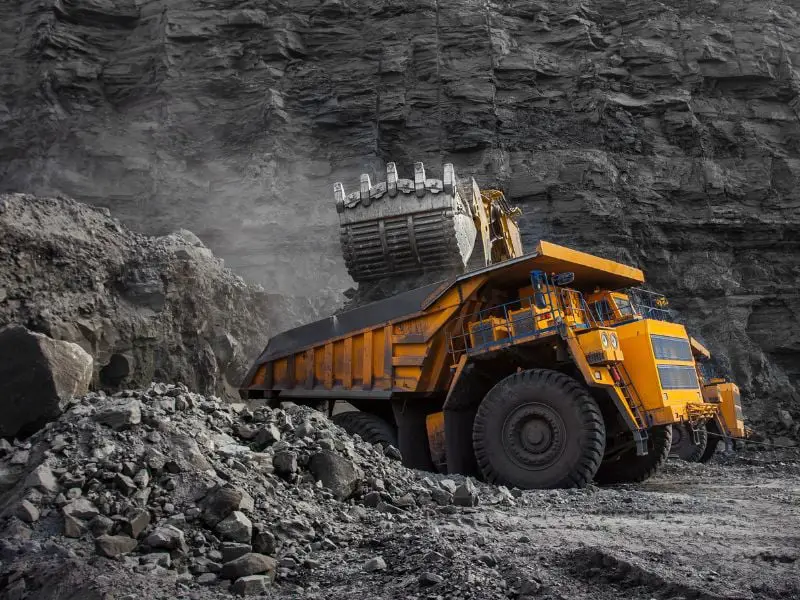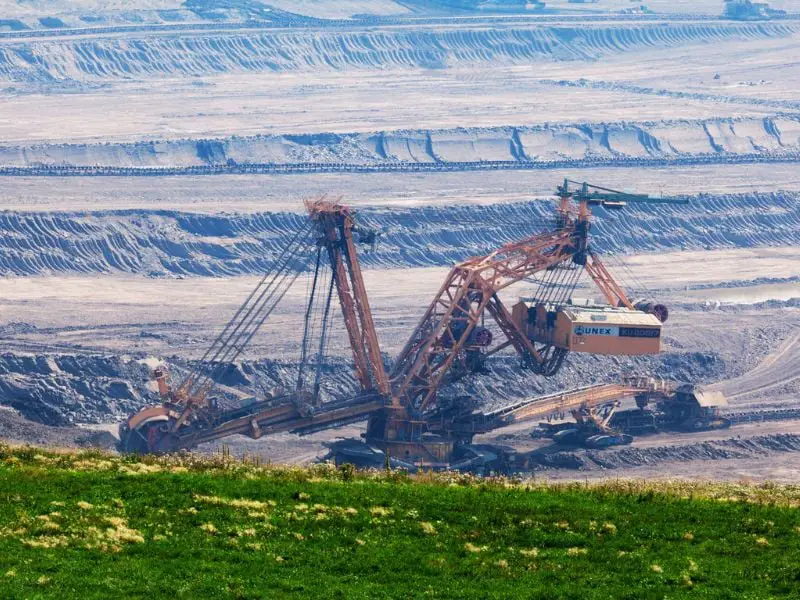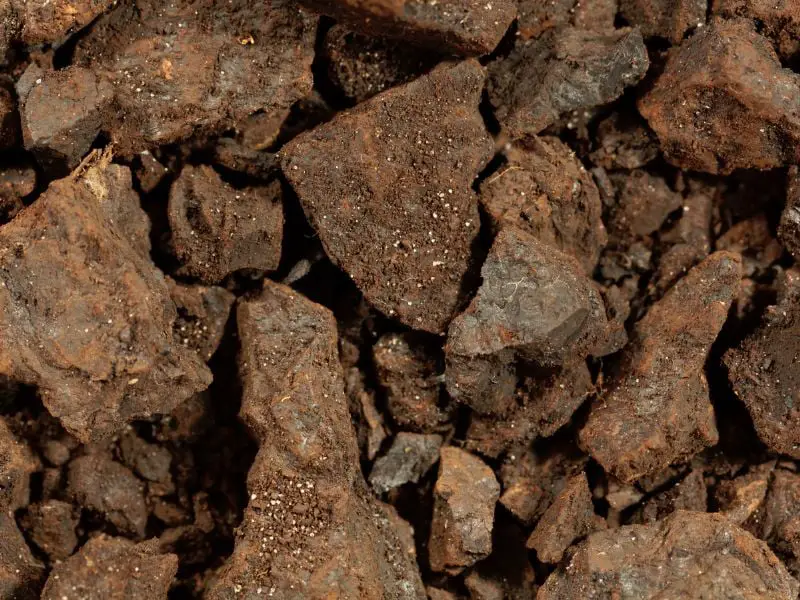Mining has been a critical sector in Germany’s economy for centuries, playing a significant role in its industrial growth and shaping its 20th-century history. From the rich coal seams of the Ruhr and Saar valleys that powered Germany’s industrial expansion to the establishment of the European Coal and Steel Community, mining has left a lasting impact on the country.
Despite facing challenges such as declining reserves and increased competition from renewable energy sources, mining continues contributing to Germany’s economy. In this article, we will delve into the history and current state of mining in Germany, exploring its evolution and impact on the country’s economy and environment.
History of Mining in Germany
Germany has been a major player in European mining since day one. They were killing it in terms of salt and mineral extraction during the Late Middle Ages to the Early Modern Period. And coal and steel helped put Germany on the map as a major player in the world economy at the turn of the 20th century.

No other place in Europe had such a rich mining culture and nowhere else was mining science as important as it was in Germany. This industry made entrepreneurs, princes, and whole countries wealthy and powerful. The legacy of mining is still strong in Germany today. German mining research has a long and proud history and is vast and diverse.
Coal Mining in Germany

Coal once fueled Germany’s economy, but now it looks like it’s set to stop. If the last coal mines close by 2018 as planned, it’ll be the end of an era in German history. The government’s decision to end subsidies for coal production marks a turning point in a long-standing political debate.
Coal mining played a significant role in Germany’s past. It powered their industrial revolution in the 19th century and helped form their oldest political party, the center-left Social Democrats, who’ve been hesitant to shut down the industry altogether. Coal also played a crucial role in post-World War II Germany’s economic success.
But the truth is, coal’s glory days are long gone. Although Germany is still a top coal producer (7th in the world, 1st in the EU) and consumer (4th in the world), the mining industry has relied on subsidies since the 1958 coal crisis, and it just can’t keep going without them.
The Turndown
Coal mining has been a big part of German history for almost 900 years, but it took off in the 19th century during the industrial revolution. The Ruhr Valley and the Saarland became Germany’s industrial hubs, and the country was a top coal producer, only behind the US and Britain.
But by the 1950s, the coal industry was in trouble. Other energy sources, like oil and renewable energy, became more popular, and coal usage decreased. Mines started closing one by one, and by 2000, only 12 were still open. Output dropped from 150 million tons in 1957 to just 20.7 million in 2006. This resulted in mass layoffs and a massive loss of jobs in the industry. In 1977, 610,000 people worked in mines, but that number has dropped to under 50,000 in recent years.
Coal in Politics
Coal has been a big player in shaping Germany’s 20th-century history. The rise of coal miners’ unions closely connected to the political left significantly shaped the country’s social history. But the real impact of coal came from its rich seams around the Ruhr and Saar valleys, which fueled Germany’s industrial expansion and even played a role in both World Wars.
To resolve the tension between Germany and France over natural resources, the European Coal and Steel Community was founded in 1951 by six countries – France, Germany, Italy, Belgium, Luxembourg, and the Netherlands. The goal was to pool their coal and steel resources. This first step towards cross-border cooperation is seen as the direct catalyst for the European Economic Community and the single European market, which now form the backbone of the EU.
After reunification, there was a significant drop in annual production and consumption of coal during the first half of the 1990s. This was mainly due to restructuring following East Germany’s integration into a unified Germany.

Coal Mining in Germany Today
With the country’s goal to phase out coal usage by 2030, the recent cut in Russian gas supplies to Europe has put a strain on the nation’s energy sector. Despite the push for clean and renewable energy, Germany has been forced to increase its reliance on coal to meet its energy demands. This has reignited the conversation about the future of coal mining in Germany and the delicate balancing act between economic stability and environmental sustainability.
Positive and Negative Impacts of Coal Mining in Germany
Coal mining in Germany has had significant impacts, both positive and negative, on the environment, economy, and society.
Advantages:
Economic Development: Coal extraction has been a generator of employment and income for many area, especially in the Ruhr and Saar mining regions.
Power Assurance: Coal extraction has assisted in ensuring power assurance for Germany, supplying a local energy source and lessening reliance on imported fuels.
Disadvantages:
Ecological erosion: Coal extraction has induced deforestation, soil degradation, water poisoning, and air pollution in encircling areas. It has also added to greenhouse gas emissions, which have adverse repercussions on a global scale.
Medical repercussions: Coal mining is connected respiratory ailments, lung cancer, and other health issues among personnel and individuals living near coal mines.
Social repercussions: Coal mining has caused the displacement of local communities and cultural heritage sites, as well as decreased living standards surrounding the mining regions.
Economic recession: The decline of coal mining in Germany has led to economic decline in the affected communities, as jobs and revenue have declined.
Bottomline
Coal mining has played a significant role providing fuel for industrial expansion and shaping the country’s 20th-century history through the emergence of coal miners’ labor unions. However, the industry has declined in recent years because of the shift towards renewable energy sources, restructuring following the reunification of Germany, and the government’s goal to phase out coal by 2030.
The cutting of Russian gas supplies to Europe has temporarily led to an increase in coal use. Still, Germany continues to work towards reducing its reliance on this non-renewable resource. The impacts of coal mining have been both economic and environmental, affecting local communities, employment, and air and water quality. Overall, the future of coal mining in Germany remains uncertain, but the country seems to continue to be committed to transitioning to a greener, more sustainable energy future.
Also check out: Water Sources in the Desert, Side Effects of Lithium, Why Is Coal Bad

